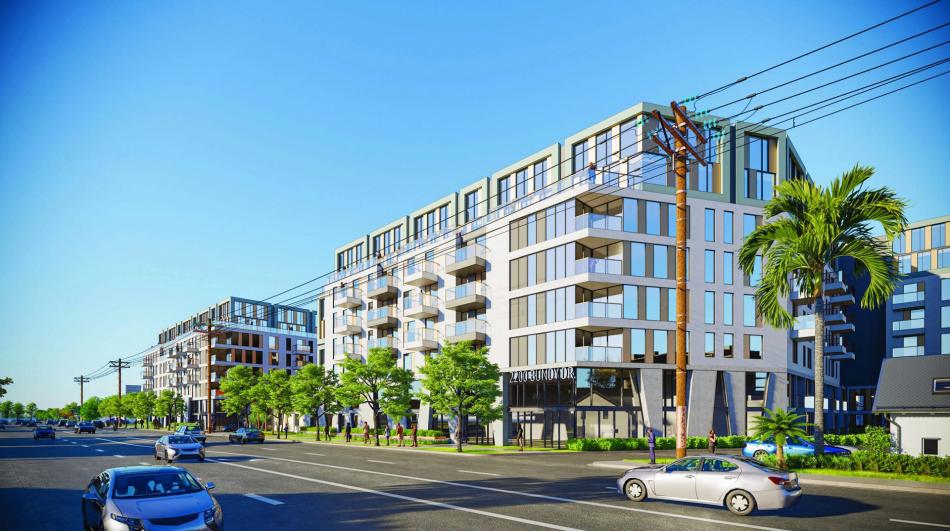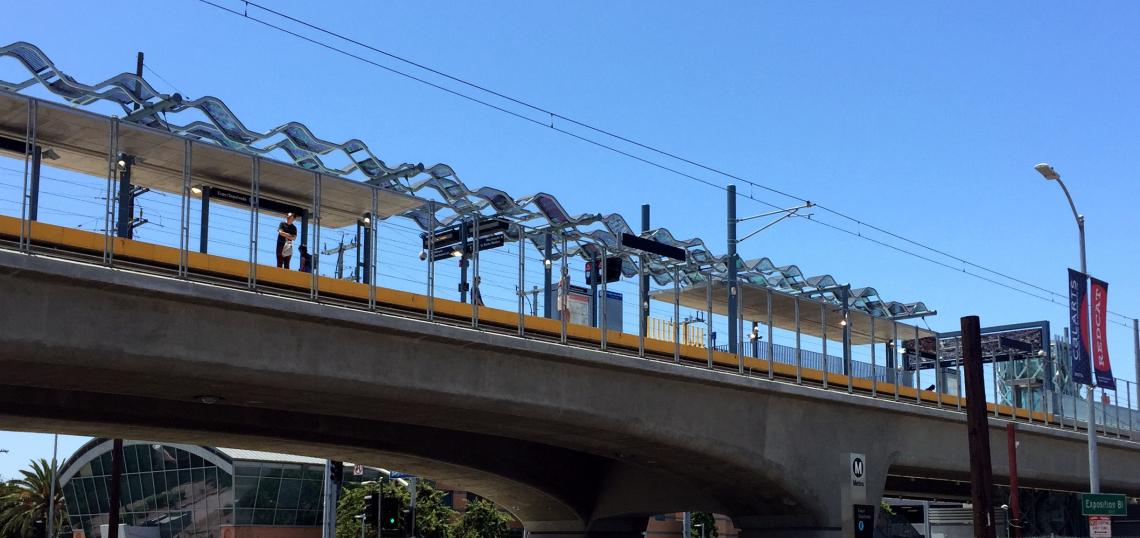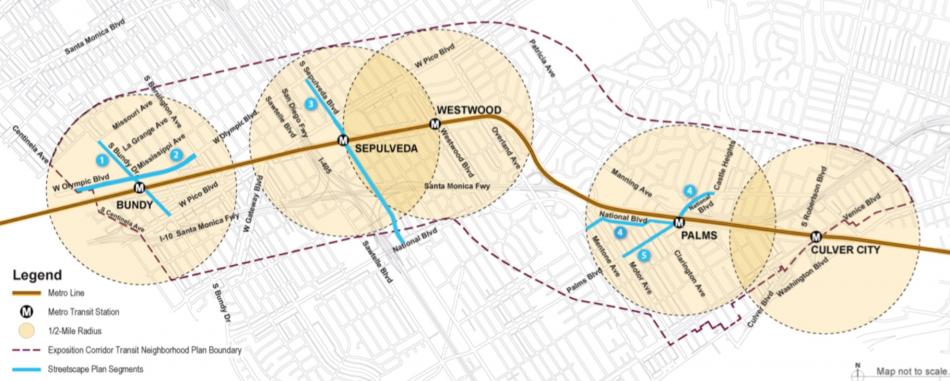A plan to increase housing development around several Westside Metro stops has survived a legal challenge which sought to roll back zone changes approved by the Los Angeles City Council in 2018, City Attorney Mike Feuer announced yesterday.
The Exposition Corridor Transit Neighborhood Plan, which impacted properties located within a half mile radius of E Line stops located in Sawtelle, Rancho Park, and Palms, provides capacity for the construction of up to 6,000 new apartments and condominiums and as many as 14,000 jobs. Shortly after its adoption in 2018, advocacy organization Fix The City sued to overturn the new zoning, arguing that new development along the Metro corridor could not be supported by existing infrastructure.
“We urgently need more housing and we should put it close to public transit to reduce traffic congestion," said Feuer, who is running to succeed Mayor Eric Garcetti, in a statement. "This victory is an essential step in dramatically reimagining how Angelenos live, work, shop and play. L.A.’s future is closely tied to creating more transit-oriented development as we tackle our housing crisis and L.A.’s crushing traffic congestion.”
The ruling in favor of the city by Superior Court Judge Mary H. Strobel notes that Fix The City's arguments regarding were based on the notion that increased density near the Metro stops would worsen traffic congestion and impact response times for emergency services - claims which were not supported by the findings plan's environmental impact report.
"At the hearing, Petitioner argued the findings regarding transportation impacts are not supported by the record, as the EIR indicated certain intersections were already operating at level E or F, inadequate by the City’s own measure," reads the ruling. "In response, the City argued that the transportation impact was also measured under vehicle miles traveled (“VMT”), and that the Expo Plan will improve VMT over the no project alternative."
Fix The City, as Streetsblog notes, has a long history of filing lawsuits in attempts to block new plans and projects across Los Angeles, including the the Transit Oriented Communities guidelines and the city's Mobility 2035 plan. In 2013, the organization was part of a group which successfully sued to overturn the updated Hollywood's Community Plan, overturning zoning regulations which sought to permit larger developments in the neighborhood. On the cusp of 2022, a full decade after the doomed Hollywood was adopted, a second attempt at an update has yet to be approved by the City Council.
 View of the proposed development on the 2200 and 2300 blocks of Bundy Drive, looking southwestCarrier Johnson + Culture
View of the proposed development on the 2200 and 2300 blocks of Bundy Drive, looking southwestCarrier Johnson + Culture
As the city prevails in the Exposition Corridor lawsuit, the plan already appears to be bearing fruit. Earlier this month, developer Carmel Partners used the new zoning rules to submit plans to redevelop 16 houses near Expo/Bundy Station with 455 apartments.







